- Home
- Blogs and Insights
- 5 Level Must have Skill Assessment of Offshore Accountant in 2024
5 Level Must have Skill Assessment of Offshore Accountant in 2024
_1642676318-1686039629.webp) Christopher Rivera
Christopher Rivera- Nov 16, 2023
- 10 mins read
- 992 views
-1699627209.webp)
Sailing in the vast financial ocean, offshore accountants are integral to the success of businesses in today's globalized world. The distinction between domestic and international corporations is fading, making offshore accounting a crucial domain.
As part of the accountant skills assessment, offshore accountants must embody a unique skill set. They need to possess the core accountant skills and qualities and the adaptability to meet the specific demands of offshore accounting. This skill assessment goes beyond traditional accounting skills to include the latest trends in technology, such as AI, in offshore accounting solutions.
Level 1: The Fundamentals of Offshore Accounting
A. Proficiency in International Financial Regulations:
Understanding international financial regulations is a primary requirement for offshore accountants. Accountants must pass the accounting skills assessment test and demonstrate competence in International Financial Reporting Standards (IFRS), U.S. Generally Accepted Accounting Principles (GAAP), and the Sarbanes-Oxley Act. These regulations are like the North Stars guiding offshore accountants on their journey.
B. The Role of Compliance in Offshore Accounting
Compliance is a core responsibility of offshore accountants, and non-adherence to international financial regulations can result in penalties and damage to the reputation of businesses.
C. Mastery of Advanced Accounting Technologies
As part of the accountant skills assessment, offshore accountants must exhibit proficiency in advanced accounting technologies. In addition to traditional tools like QuickBooks, Xero, and Freshbooks, offshore accountants must embrace automation and AI to maintain efficiency and competitiveness.
Accountants are required to possess knowledge of Robotic Process Automation (RPA) to handle routine accounting tasks autonomously. RPA enables accountants to automate tasks such as generating and scanning invoices, identifying inconsistencies in financial records, and addressing vendor queries. This technology minimizes the time accountants spend on repetitive activities, like manual data entry, and mitigates the likelihood of human errors.
D. Communication Skills and Client Relations
Practical communication skills and empathetic client relations are integral to the accountant skills and qualities assessment. Accountants, often seen as introverts, need strong communication skills to stand out in the digital world. A survey by the Society for Human Resource Management found that 97% of employers stated that compared to core competencies, communication skills were just as essential or even more so.
Here are the seven vital communication skills for accountants:
Listening: Understand clients' needs.
Concise Speaking: Get to the point.
Persuasion: Build trust and relationships.
Critical Thinking: Solve complex financial problems.
Collaboration: Work effectively in teams.
Time Management: Juggle multiple tasks efficiently.
Leadership: Guide with vision and respect.
Level 2: Advanced Technical Expertise
A. Operational Understanding of Foreign Tax Laws
A thorough understanding of foreign tax laws is essential for offshore accountants. Non-compliance with these laws can lead to complex issues and penalties, emphasizing the importance of this knowledge.
B. Expertise in Risk Management
Managing risks in offshore accounting is a critical skill. Offshore accountants must understand financial trends and utilize their expertise to navigate the challenges.
C. Proficiency in Digital Bookkeeping
Digital bookkeeping proficiency is a crucial element to be a successful accountant. Offshore accountants must master digital tools, i.e. Excel and Power Bi, etc. which have become a standard in the industry, to remain efficient and competitive.
Level 3: Proactive Adaptability and Problem-Solving
A. Adaptability to International Standards and Practices
Adaptability is essential to the skills assessment, so offshore accountants must adapt swiftly to changing international accounting standards and emerging technologies, including AI.
B. Proficiency in Problem-Solving
Problem-solving skills are a vital part of the accountant skills assessment; offshore accountants must be able to navigate complex issues and adapt to the ever-changing landscape of offshore accounting, including the integration of AI.
C. Active Learning and Constant Upskilling
Continuous learning is essential for offshore accountants, and they should continuously engage in ongoing education, including webinars, podcasts, online courses, and hands-on experiences, to stay up-to-date with the latest trends, including AI.
Level 4: Leadership and Management Abilities
A. Superior Leadership Skills
Leadership skills are paramount for offshore accountants. Offshore accounting often involves leading global teams, and accountants must act as influential leaders to ensure the success of projects, especially when AI and automation are applied.
B. Project Management Capabilities
Project management is a significant responsibility for offshore accountants, as various activities like Budgeting, planning, and reporting are all part of the role, and effective management is essential, including integrating AI into project management.
C. Effective Team Collaboration
Effective collaboration is crucial in offshore accounting. Regardless of geographical distances, offshore accountants need to work together seamlessly, especially when AI and automation are part of the process.
Level 5: Ethical and Cultural Competence
A. Upholding Ethical Norms Amidst Differing Regulations
Integrity is non-negotiable; offshore accountants must uphold ethical standards, even navigating the complex world of international regulations and technology trends like AI.
B. Understanding and Respecting Cultural Nuances
Cultural competence is a key element; therefore offshore accountants must respect and understand diverse traditions and customs as they navigate the international waters of business, especially when dealing with AI and automation.
C. Promoting Social Responsibility
Social responsibility is a vital part of the skills assessment, as offshore accountants have the power to influence positive change through sound practices and ethical decision-making, including when AI and automation are part of the equation.
Offshore accountants must excel in a comprehensive set of skills related to technology like AI, leadership, and ethical conduct. These skills and qualities and effective communication form the foundation of a successful offshore accounting career.
While offshore accounting presents challenges, it also offers numerous opportunities for growth and impact on a global scale. As we journey into the future, let continuous learning and development be the guiding compass, ensuring offshore accountants remain at the forefront of technological advancements, including AI, and continue to excel in the dynamic field of offshore accounting.
FAQ's
1. What is the significance of AI in offshore accounting?
Ans: AI plays a crucial role in automating routine accounting tasks, minimizing errors, and enhancing efficiency, allowing offshore accountants to focus on more complex and strategic aspects of their work.
2. How does cultural competence impact offshore accounting?
Ans: Cultural competence is vital in offshore accounting as it helps build trust and rapport with international clients, enabling offshore accountants to navigate diverse business environments more effectively and make sound decisions that consider cultural nuances.
3. Why is compliance important in offshore accounting?
Ans: Compliance with international financial regulations is crucial in offshore accounting to avoid penalties and maintain the reputation of businesses, especially when dealing with the complexities of global financial markets and diverse regulatory environments.
4. How does offshore accounting differ from domestic accounting?
Ans: Offshore accounting involves dealing with international financial regulations, foreign tax laws, and diverse cultural and ethical norms, making it more complex and demanding than domestic accounting, which primarily focuses on a single country's financial practices.
5. What are the key skills required to succeed in offshore accounting?
Ans: Offshore accountants need a comprehensive skill set, including proficiency in international financial regulations, advanced accounting technologies, effective communication, leadership, risk management, and the ability to adapt to evolving international standards and practices. Ethical conduct and cultural competence are also crucial aspects of offshore accounting.
Entigrity™ is a trusted offshore staffing partner to 725+ accountants, CPAs, and tax firms across the US and Canada. Our flexible and transparent hiring model helps firms of all sizes to hire staff for accounting, bookkeeping, tax preparation, or any other task for 75% less cost. As a firm 'run by accountants, for the accountants,' Entigrity captures the hiring needs of accounting firms most precisely, providing staff that works directly under your control and management; still, you are left with the least to worry about compliance, payroll taxes, overheads or any other benefits.
Christopher Rivera
Director, Client RelationsChristopher Rivera, Chris serves as a Director of Client Relations and Business Development at Entigrity. He is an expert at leading and managing teams actively from the front. His expertise in sales, training, coaching, mentoring and influencing combined with his competitive nature makes him a strong leader. Chris has traveled through the length and width of the country and has spoken with more than five thousand CPAs, understanding their challenges and limitations. On the grounds of that, he can now easily provide opinions and solutions that can be immensely helpful to the professionals. He has also represented Entigrity at a number of major accounting conferences and networking events.



 +1-646-827-4348
+1-646-827-4348 +1-646-827-4348
+1-646-827-4348 +44-(0)20-3355-7340
+44-(0)20-3355-7340













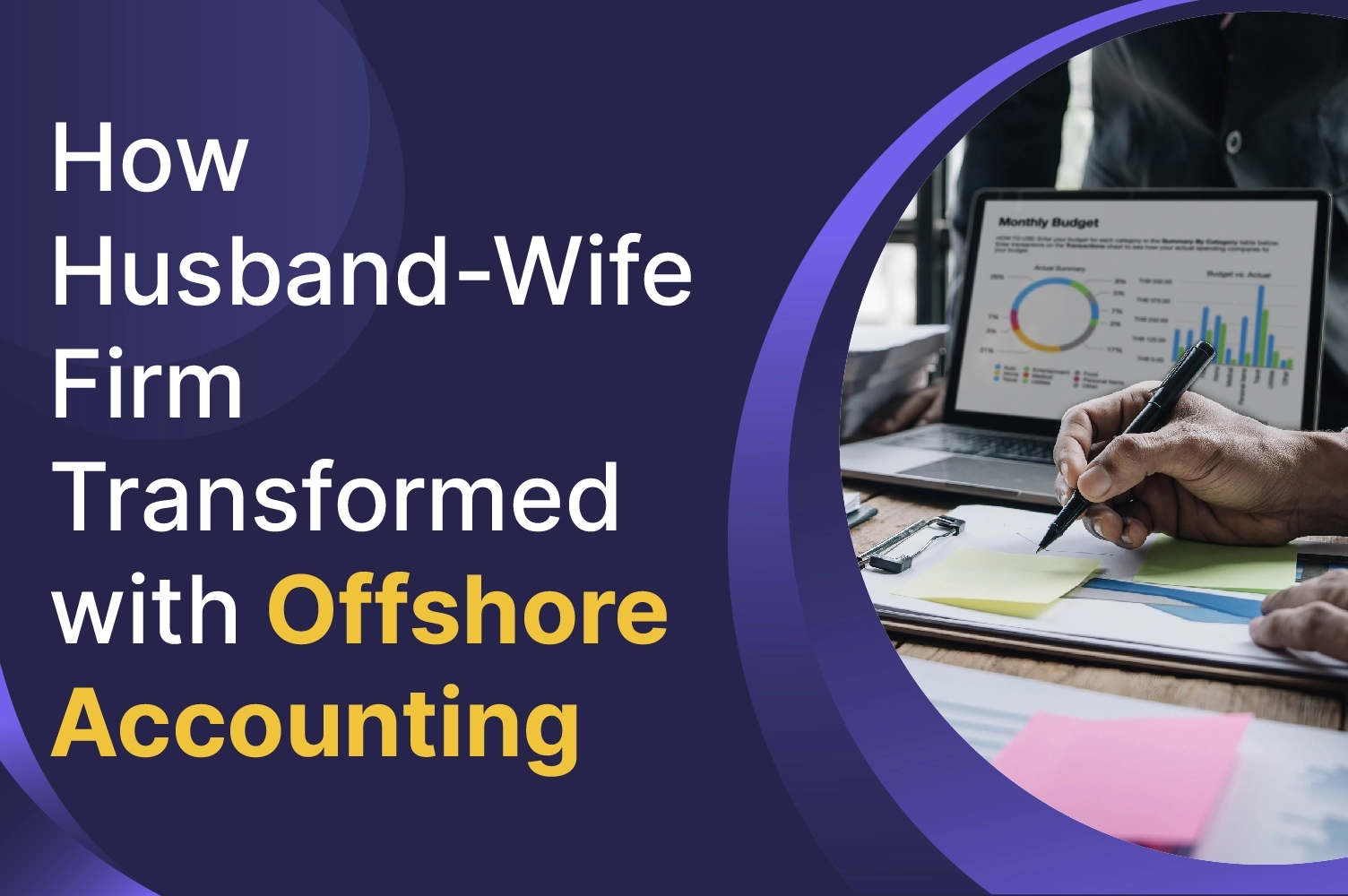
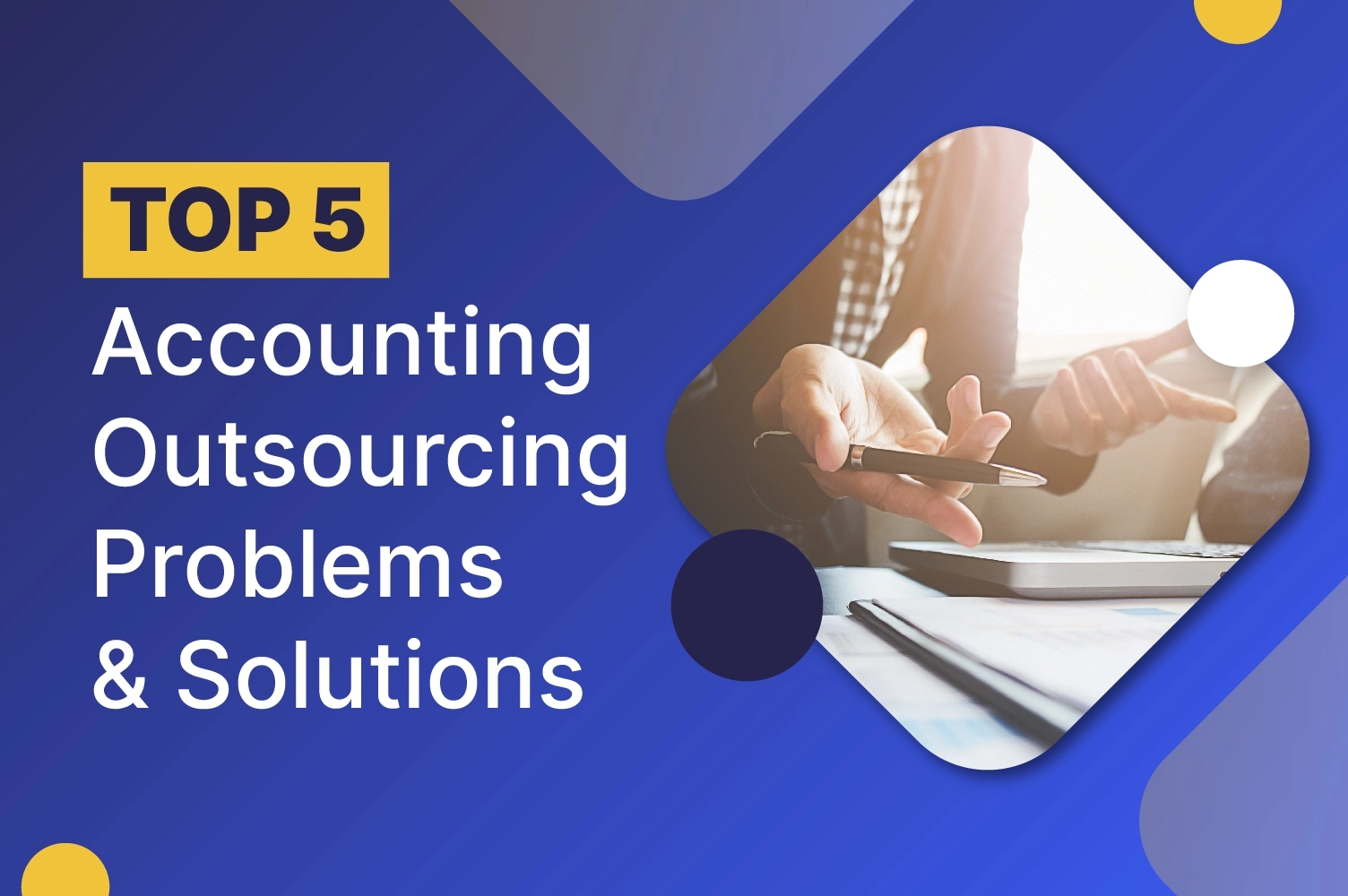
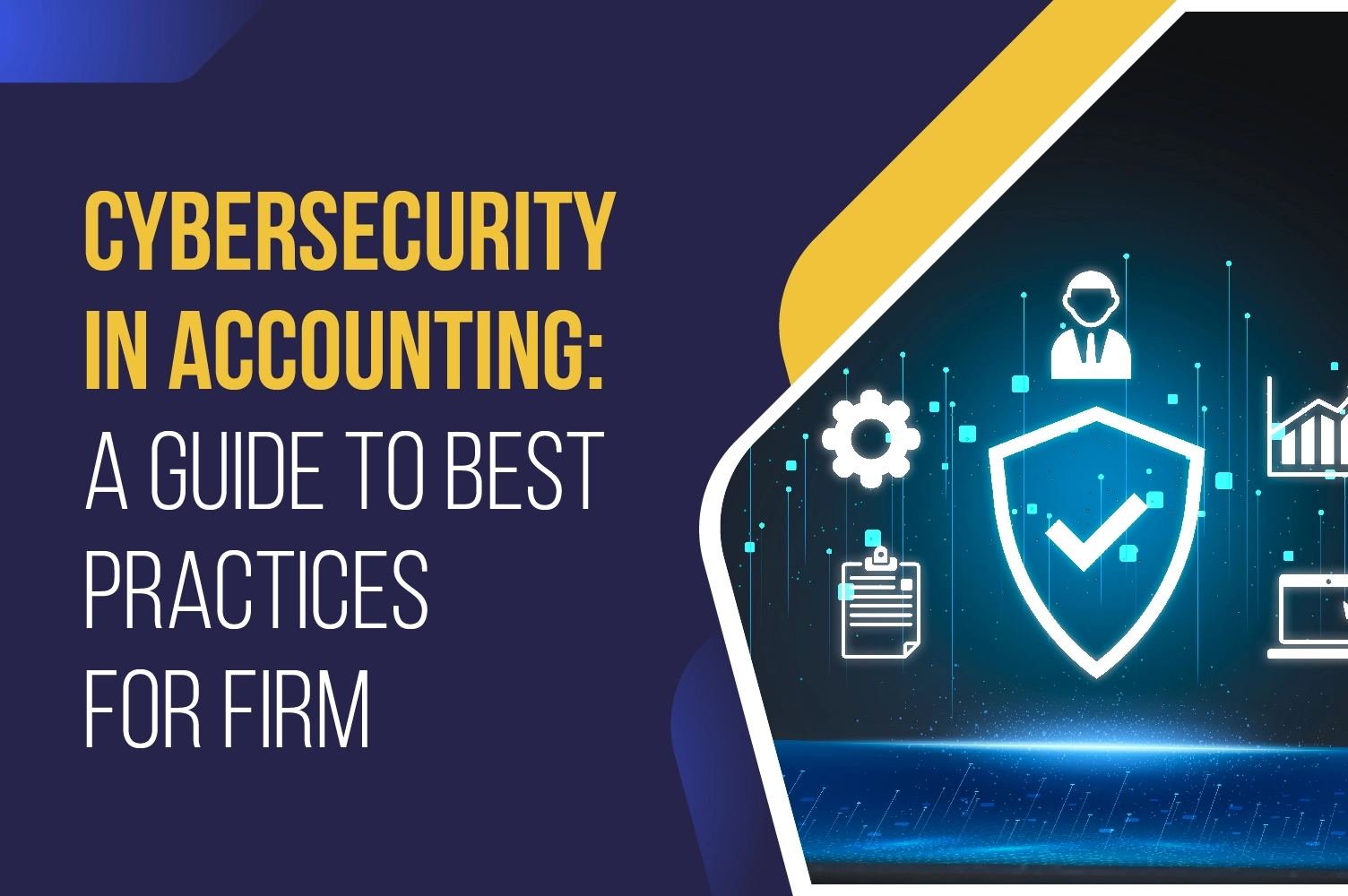
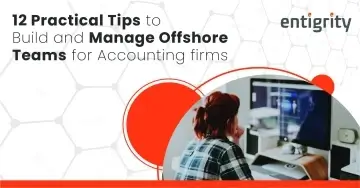






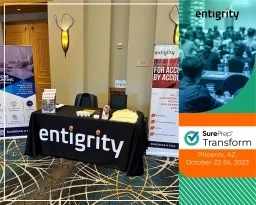
-1698666312.webp)


